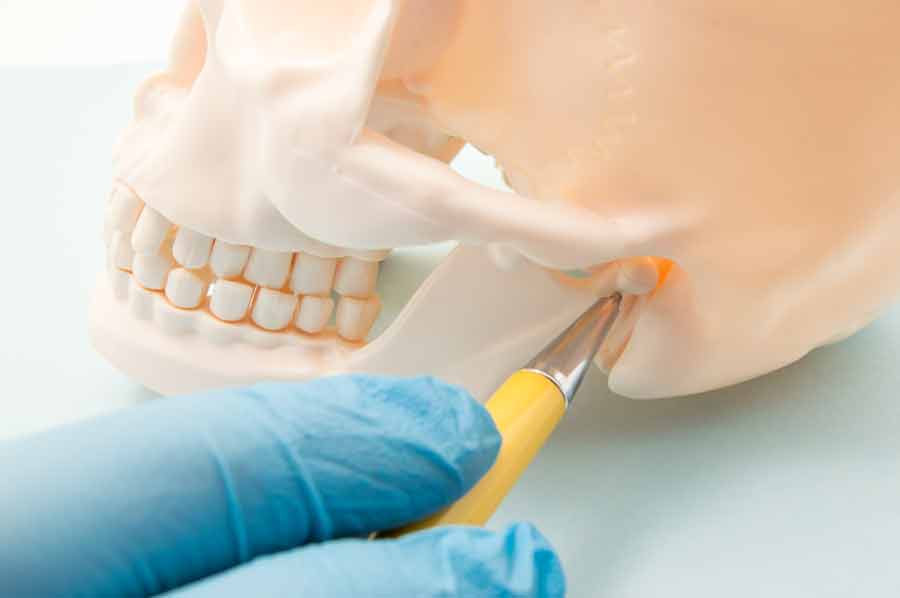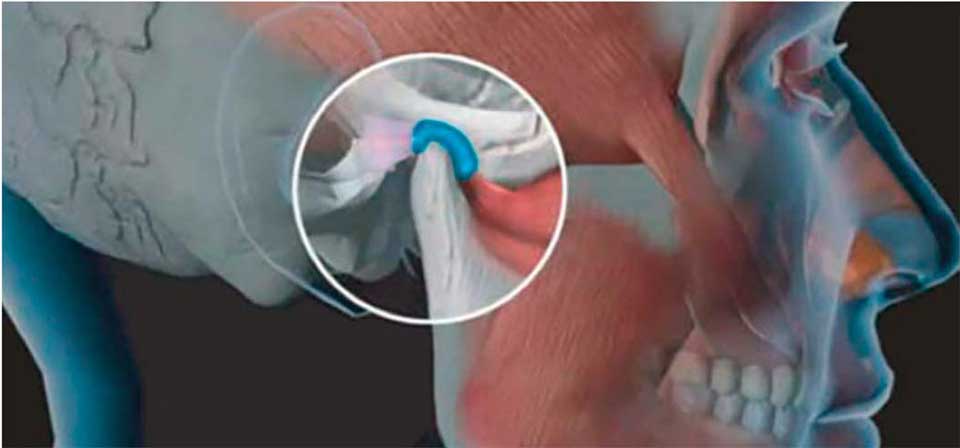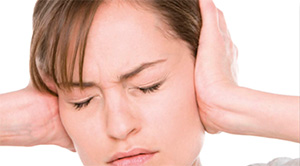Temporomandibular Joint Treatment
Do you have erosions on your teeth ? Is there any sounds when you open and close your mouth?, and do you have headache, neck ache and back ache you don't know why?

Nowadays, a very significant number of people have pain caused by structures related to the jaw joint, but are confused with different diseases such as migraines because the cause is unknown. These disorders disrupting the quality of life can be treated by simple methods if they are determined in the beginning of the stage.
 The most common jaw problems are related with the temporomandibular joint. This joint connecting the lower jaw to the skull provides opening and closing function of the upper and lower jaw and the function of chewing and speaking.
The most common jaw problems are related with the temporomandibular joint. This joint connecting the lower jaw to the skull provides opening and closing function of the upper and lower jaw and the function of chewing and speaking.
Some situation like pain or the sounds during the opening and closing of the mouth, opening and closing of the mouth not on a linear plane are the indication of disorders of the jaw joint.
These disorders are often accompanied by head and neck pain and, in some cases, tooth sensitivity.
 Non Serious diseases of temporomandibular joint are characterized by pain in the chewing muscles. Disorder of joint movements or dislocation of the jaw can be seen in further cases. If it progress further, the joint may be got inflamed.
Non Serious diseases of temporomandibular joint are characterized by pain in the chewing muscles. Disorder of joint movements or dislocation of the jaw can be seen in further cases. If it progress further, the joint may be got inflamed.
In generally, these kind of diseases can be caused by impaired chewing function (caused by disorders or loss in teeth) and psychological stresses.
In addition, traumatic treatment on joint or trauma affecting the joint can also impair the balance of the jaw joint, which is very sensitive.
Eroded teeth are often indicative of serious problems in the jaws and / or jaw joints. This disease, called bruxism, can affect the teeth, gums and bone structures if not treated on time. Bruxism is a kind of muscular disease and is mostly related with the desire of the muscles uncontrolled at the night to switch to the relaxation position due to the daily stress. Muscles cause tightening or squeaking the teeth to achieve the most comfortable position. This is characterized by erosion on the teeth and margin of gum, decay and gum diseases. Overloading of the muscles can cause to develop chewing muscles and asymmetrical appearance.

Is it possible to treat temporomandibular joint diseases?
Depending on the type and severity of the disease, the treatments are complicated but possible. In very advanced cases, surgical procedures may be required. Nowadays, the surgical treatment of the joints has decreased to very low levels proportionally. As with all medical treatments, it is important to prevent or treat the illnesses with protective approaches as much as possible.
Correction of inappropriate chewing function and elimination of psychological stresses are treatment approaches for the causes of diseases. Ensure that all available teeth are pain-free, at correct position and complete. Tooth decay, improper filling or prostheses impair the joint balance by preventing healthy chewing. Missing teeth are the most important factor impairing this balance.
Treatment of psychological stresses should be performed with expert support when necessary. Daily stresses create negative effects on the nervous system. Some periods such as students' exam, business problems, problems between spouses generate stresses by which jaw is mostly affected. Symptoms of joint disease, such as pain, mouth opening and closing difficulties and removal or reduction of joint sounds can be relieved with supported treatments such as muscle relaxants, drug therapy, massage treatments, acupuncture, botox injection to the masticatory muscles.




